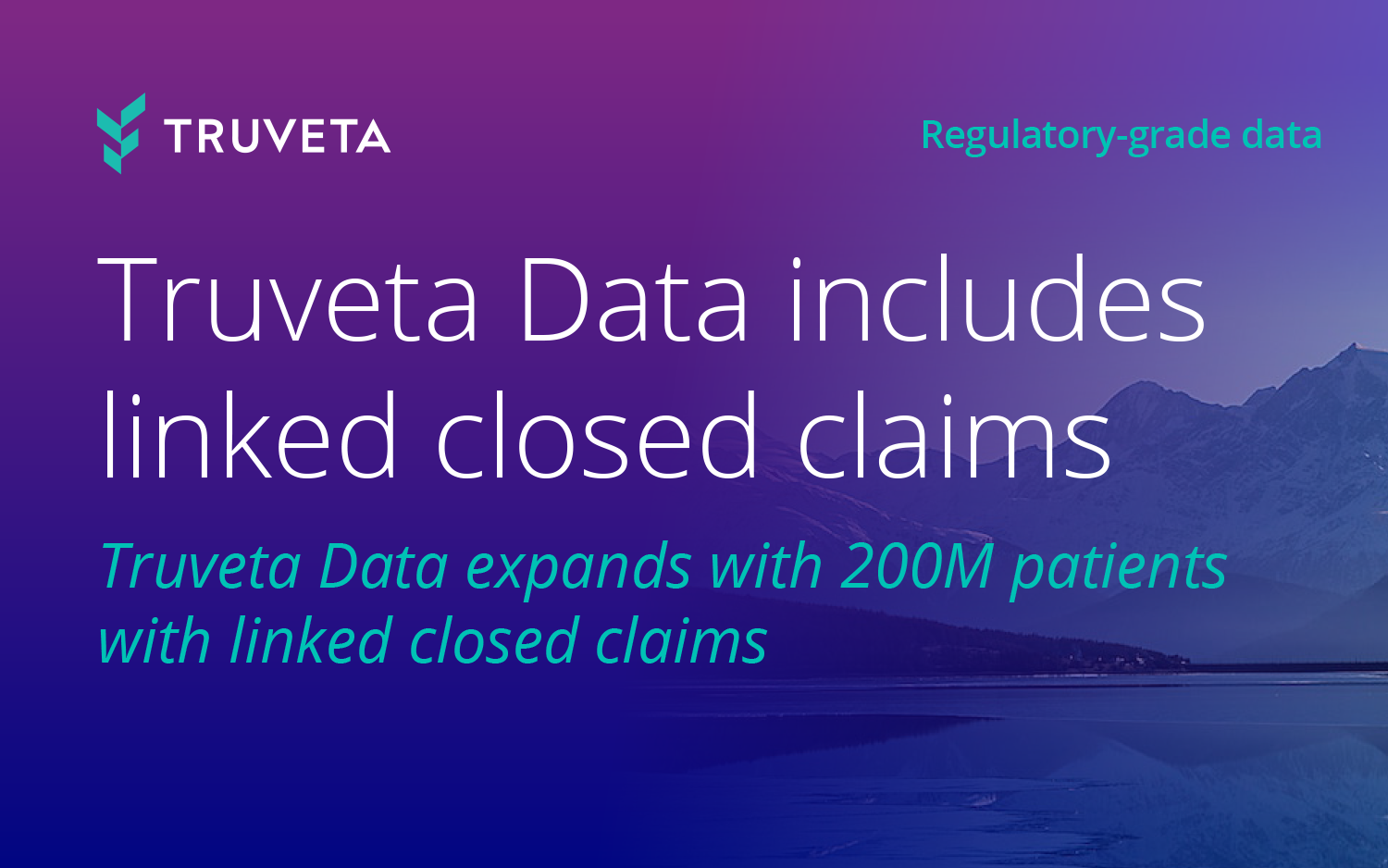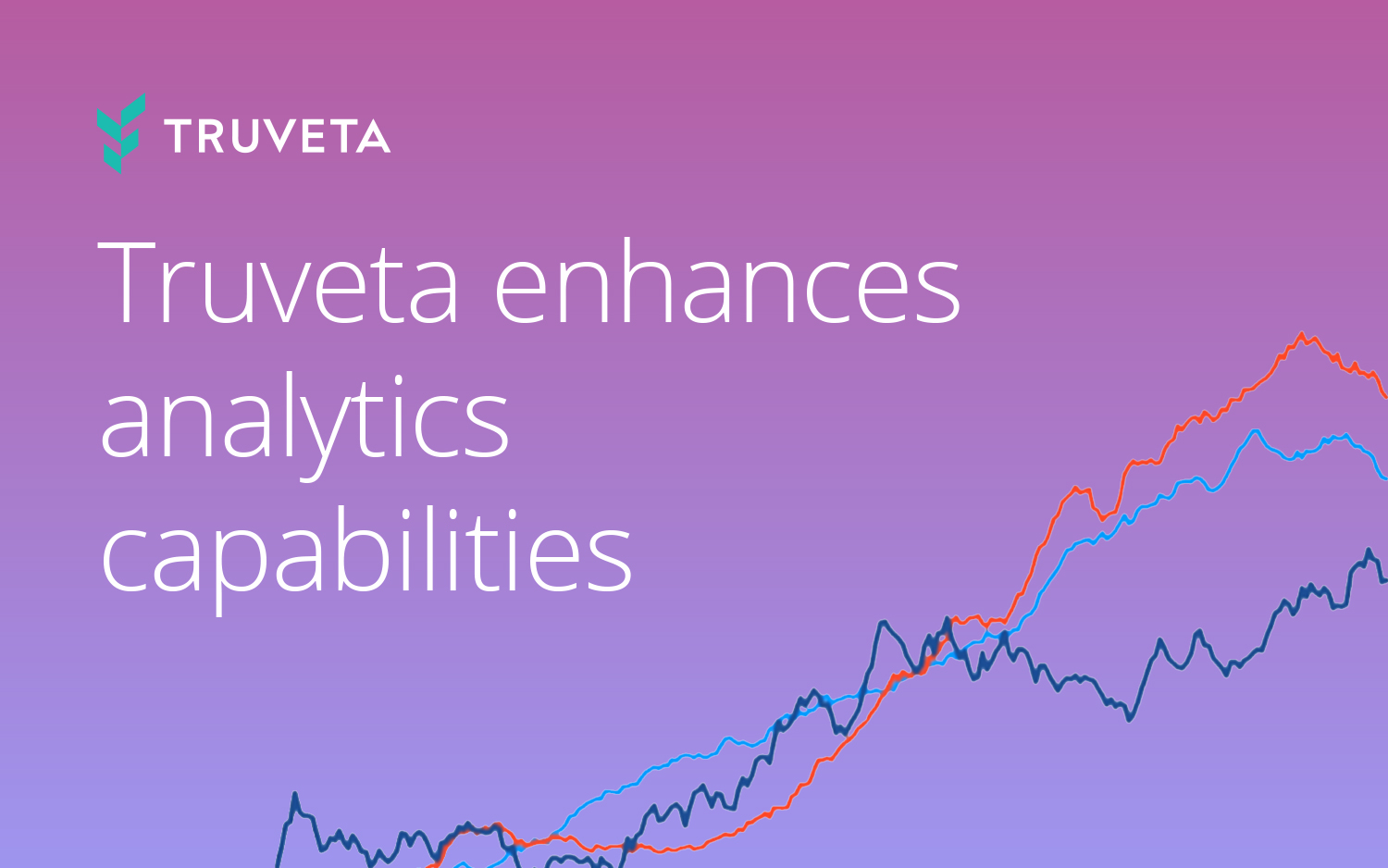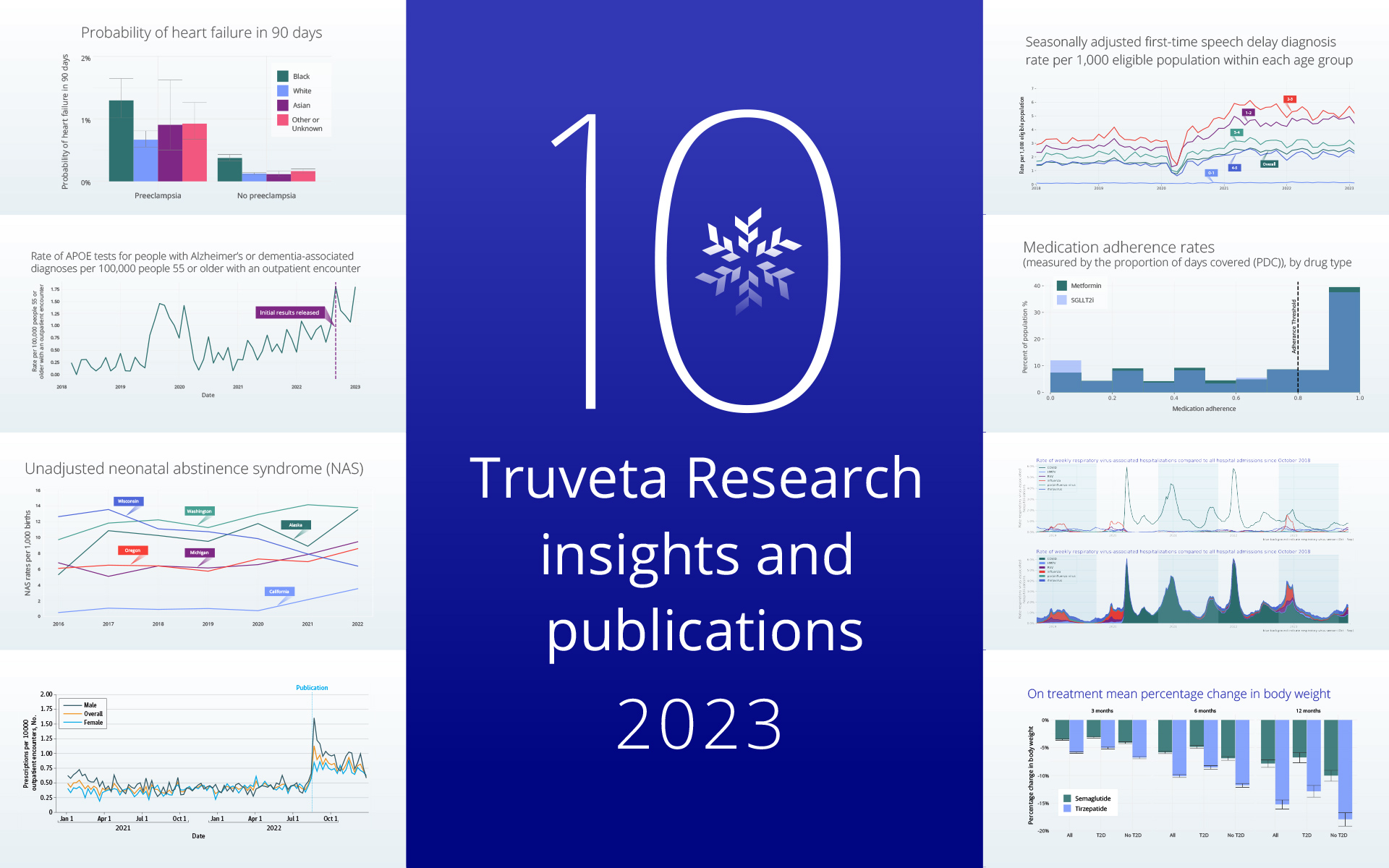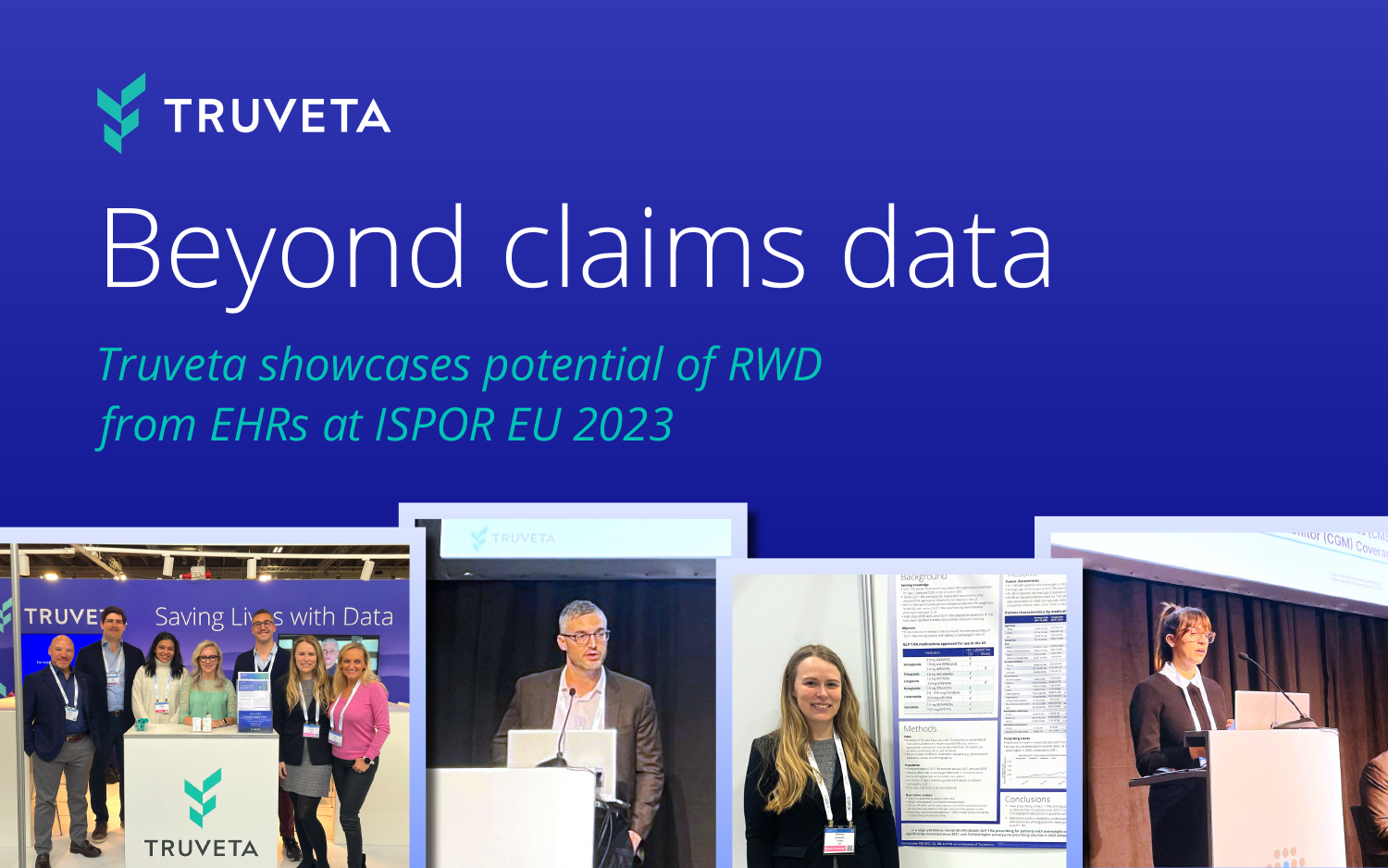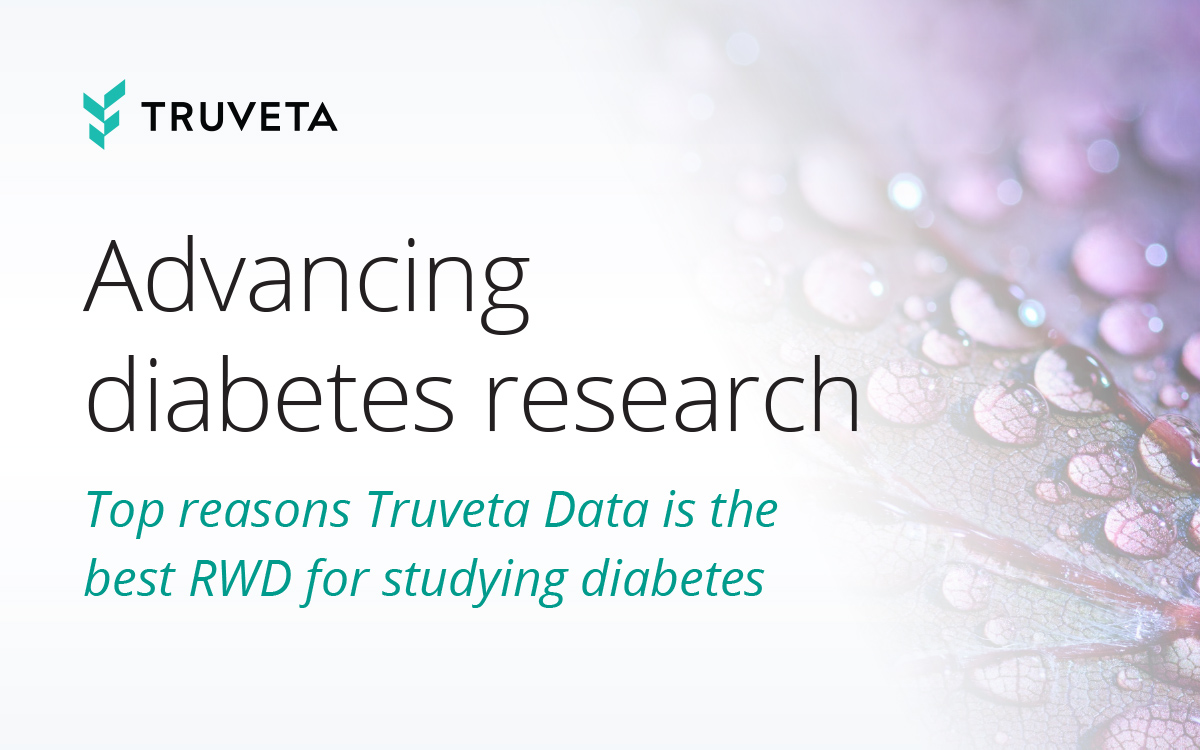Blog
Featured post
Truveta enhances analytics to accelerate scientifically rigorous clinical research
The pace of new therapy adoption has been limited by the ability to produce data that the medical community trusts. Clinical researchers have historically had difficulty...
Understanding the potential relationship between mental health and cannabis use
There is a complex relationship between cannabis use and mental health. We studied recent time trends of the rate of cannabis-induced disorder emergency department visits and...
10 Truveta Research insights & publications of 2023
As 2023 draws to a close and we reflect on a busy and exciting year for Truveta, something that stands out is the breadth and depth of research Truveta Research has been able to...
First real-world comparative effectiveness study finds tirzepatide (Mounjaro) up to three times more effective than semaglutide (Ozempic) for weight loss
Today Truveta announced new comparative effectiveness research exploring weight loss among patients taking semaglutide (Ozempic) and tirzepatide (Mounjaro). Glucagon-like peptide...
Beyond claims data: Truveta showcases potential of EHR data at ISPOR EU 2023
ISPOR Europe 2023 provided Truveta an opportunity to showcase research findings, interact with life sciences leaders from across the globe, and gain insight into how different...
Reflections from the inaugural Truveta Symposium
Eight months ago, we had a fateful meeting… “We have some incredibly diverse and engaged customers doing innovative work that would benefit from meeting and learning from each...
Top reasons Truveta Data is the best real world data for studying diabetes
In the world of healthcare, few conditions have seen as much transformation over the past decade as diabetes. With 37.3 million Americans living with diabetes, and a further 96...
Real-world prescribing of long-acting injectable cabotegravir for treatment of HIV in the United States
Adequate treatments are a crucial piece in the fight against the spread of HIV, because they can make HIV viral load undetectable in the blood and thus untransmittable. Approved...
Real-world trends in APOE genetic testing associated with lecanemab
Lecanemab received accelerated FDA approval in January 2023 and full FDA approval in July 2023. A potential side effect of the drug is brain swelling and/or small hemorrhages and...

